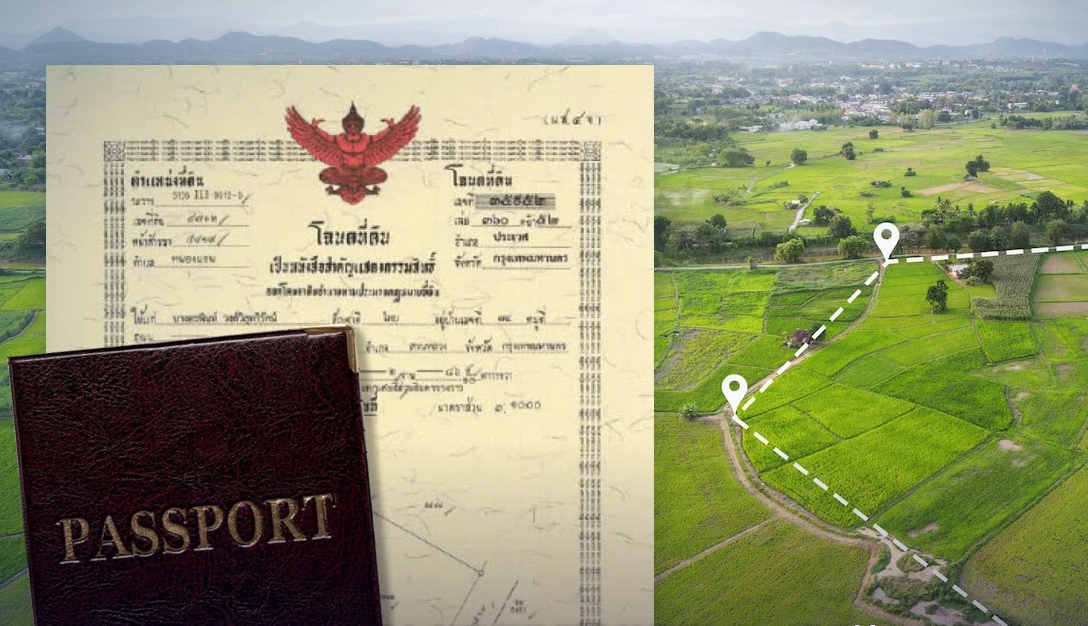April 1, 2024

In the foreigner’s view, Thailand is a country abundant in tourism resources, which has led many to consider residing in Thailand for purposes such as studying, working, or retirement. The increasing interest in residing permanently in Thailand has consequently driven up demand in the real estate market.
Recent data indicates a significant increase in foreign nationals interested in purchasing Thai real estate. Therefore, the issue of land ownership in Thailand has become a matter of considerable concern.
However, owning land in Thailand is not straightforward; it must comply with various conditions stipulated by Thai law. To protect ownership of Thai real estate, the Thai government has strict legal provisions and protections in place, controlling and restricting land ownership by foreigners. When a foreigner establishes a company in Thailand, Thai law stipulates that the foreign ownership cannot exceed 50%. If the company is involved in any land-related transactions, such as buying or selling land, Section 97 of the Thai Land Code specifies that the foreign ownership must not exceed 49%. If the foreign ownership exceeds 49%, the company will be considered a foreign company, and Thai law prohibits such a company from engaging in any land transactions.
Furthermore, according to Section 75 of the Land Code, officials from the Department of Lands have the authority to scrutinize the procedures of land transactions involving companies, requiring additional information to examine the company's financial sources, shareholders' capabilities, and to determine if there is any nominee arrangement. If a nominee arrangement is detected, according to Section 113 of the Land Code, the company will be subject to a fine of 20,000 baht, or two years of imprisonment, or both.
Thai law not only restricts the shareholding ratio of foreigners but also imposes strict regulations on the private ownership of land by foreigners.
According to Section 96, Paragraph 2 of the Thai Land Code, the Minister of Interior stipulates that foreign investors must invest a minimum of 40 million Thai baht to obtain one rai (approximately 1,600 square meters) of residential land for dwelling. Additionally, they must obtain permission from the Minister.
Therefore, whether foreigners intend to register and establish a company in Thailand with the aim of engaging in land transactions, or they wish to privately own land in Thailand, these endeavors are not quick or easily successful matters. Some individuals may believe they qualify to own Thai land, submit documents, and make plans, only to be informed that they cannot legally own Thai land. To efficiently confirm their eligibility and minimize unnecessary time wastage, foreigners should thoroughly understand relevant Thai legal regulations before initiating any land transaction procedures.